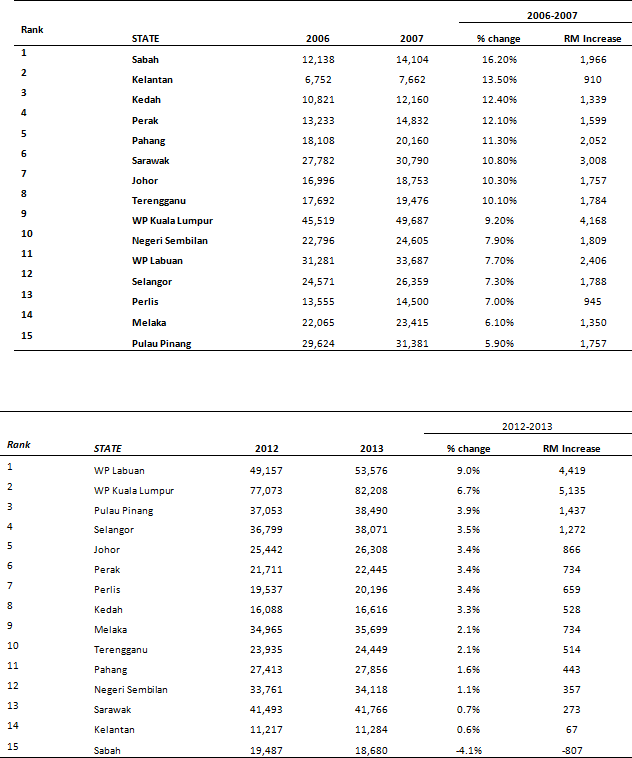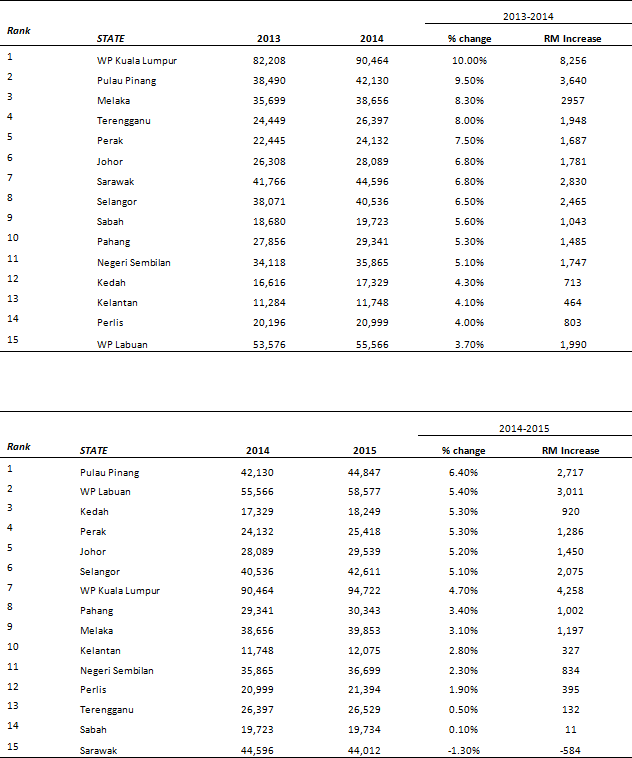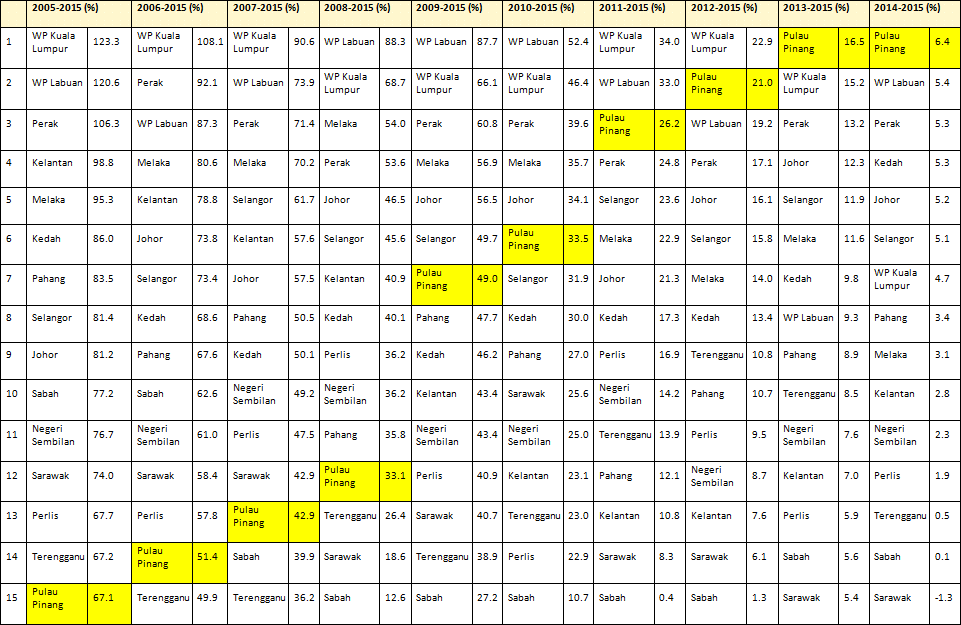Press Statement by Penang Institute and its Chief Executive Officer (CEO) Dr Lim Kim Hwa, George Town On 20.10.2016.
Penang Institute is the Penang State Government public policy think tank. We have always emphasised that policy must be based on facts and figures. This is the rationale for the central tenet of the think-tank that is Penang Institute – “Making Ideas Work”.
Penang Institute is surprised that Gerakan is challenging Dr Lim Kim Hwa to answer 10 questions on Penang’s economic performance under the leadership of Penang Chief Minister Lim Guan Eng, as if Dr Lim is a politician.
The economics team at Penang Institute is run professionally; and comprises competent and qualified economists who are not members of any political party. The questions requested by Gerakan can be computed by anyone based on the data and information from the Department of Statistics.
We wish to confirm that our calculations are based on the latest available data from the Department of Statistics. Our calculations show that in 2006-2007, Penang recorded the lowest percentage growth in GDP per capita. However, in 2014-2015, Penang achieved the highest percentage growth in GDP per capita.
CHANGE IN GDP PER CAPITA BY STATE


Source: Department of Statistics and Penang Institute’s calculations.
The above analysis is based on yearly changes in GDP per capita. If we do an analysis over a longer period and not based on changes in a single year, Penang improved its ranking year by year from 2008 onwards, before achieving the highest GDP per capita change in 2015.
Ranking of GDP per capita (current prices) change from the past till 2015
Source: Penang Institute’s calculations based on the latest GDP data published by Department of Statistics Malaysia
In conclusion, as the CEO, I wish to emphasise that:
- Penang Institute is the Penang state government public policy think tank;
- The questions posed by Y.B. Datuk Liang can be answered by anyone using data obtainable from the Department of Statistics Malaysia;
- The calculations released by Penang Institute (re-produced above) are computed based on the latest available GDP data from the Department of Statistics Malaysia;
- The economics studies team at Penang Institute is professionally run; and comprises competent and qualified economists who are independent and not members of any political party.
Going forward, Penang Institute wishes to focus on policy research work which will benefit Penang and Malaysia.
DR LIM KIM HWA

